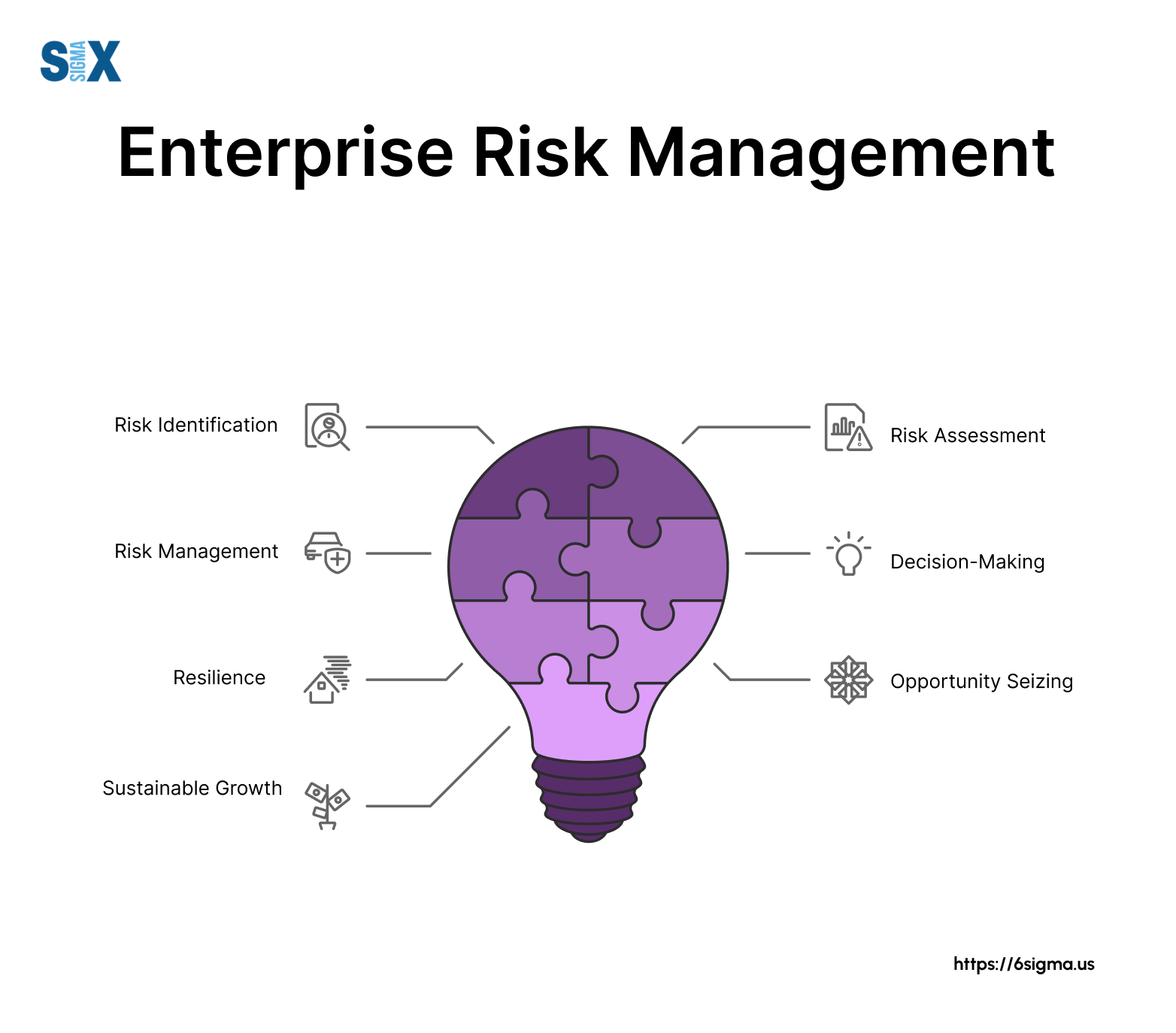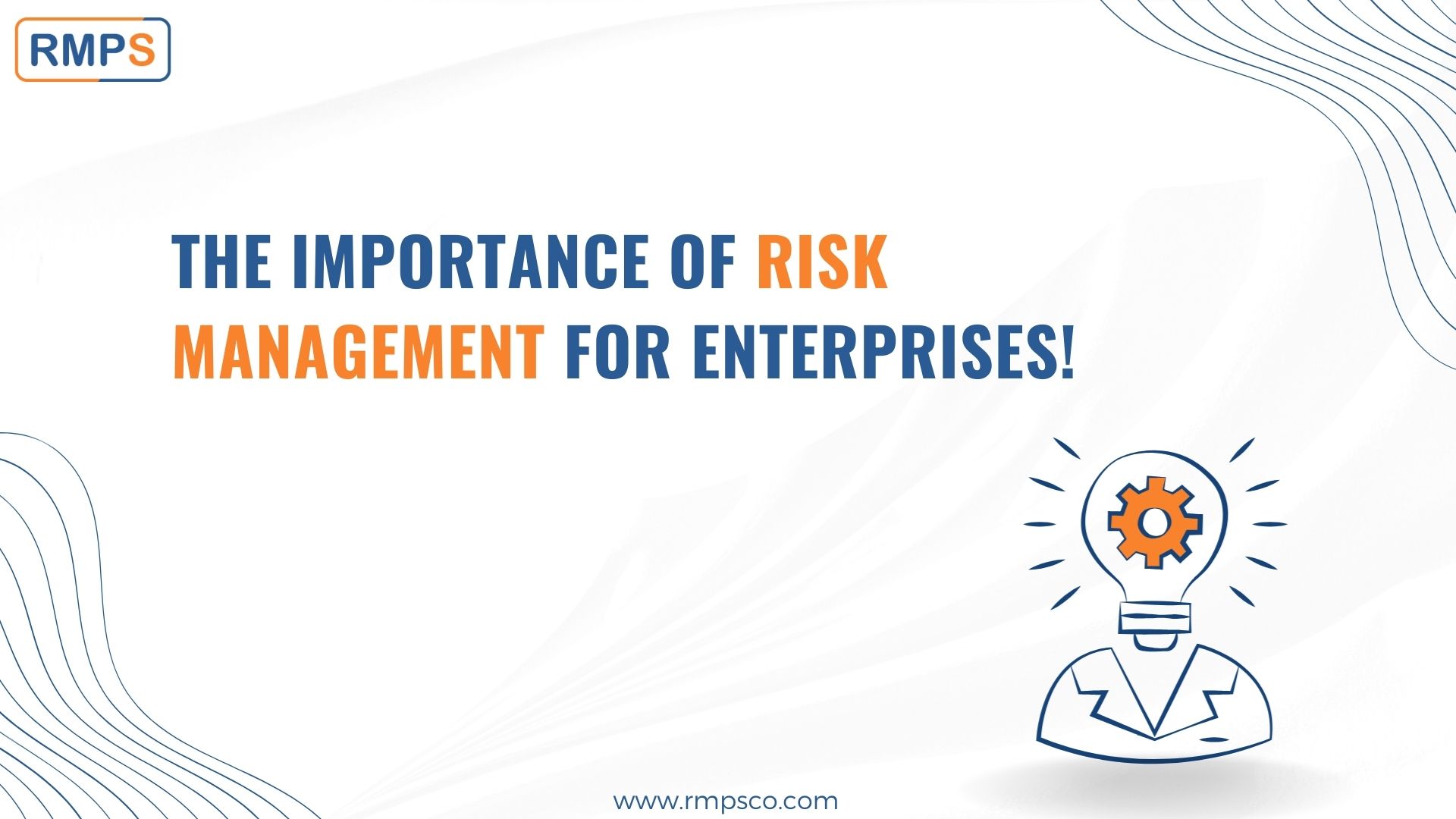Enhancing Operational Efficiency Through the Importance of Risk Management
Understanding the Relevance of Risk Management in Service Success and Sustainability
In today's ever-evolving company landscape, the importance of Risk Management can not be understated. Let's unbox this complicated subject, exploring how positive Risk Management contributes to the longevity and success of companies.
The Concept of Risk Management in Business
Risk Management, a basic element of company operations, carries a substantial weight in the success or failure of a firm. It includes identifying, analyzing, and managing dangers to an organization's resources and profits. These threats, described as threats, could stem from a selection of sources consisting of economic uncertainties, legal liabilities, tactical Management errors, crashes, and natural calamities. Services employ Risk Management procedures to minimize the unfavorable effects of these risks. It is a systematic technique that paves the means for educated decision-making, ensuring monetary security and sustainability. The concept of Risk Management is not a warranty versus Risk, but rather an essential device that advertises operational effectiveness and resilience in face of unpredictability.
Crucial element of a Robust Risk Management Technique
Identification of potential dangers is the key action, followed by a comprehensive analysis of these dangers. After understanding the gravity of the risks, proper measures must be intended for Risk reduction. An effective Risk Management technique additionally includes constant tracking and testimonial of the determined risks and the performance of the control procedures.
How Risk Management Contributes to Company Success

Situation Studies: Effective Risk Management in Technique

Future Trends in Risk Management and Their Ramifications for Services
As the global company landscape proceeds to progress, so as well does the area of Risk Management. Future trends recommend a change in the direction of positive instead than responsive approaches, with businesses increasingly seeking to identify and reduce risks prior to they take place. The unification of technology, especially AI and large information analytics, will certainly play a pivotal role in this makeover. These tools can provide real-time insights, allowing swift and educated decision-making. Additionally, environmental, social, and administration (ESG) dangers are projected to rise in prestige, reflecting an expanding social issue for sustainability. Organizations that adapt to these trends and incorporate them right into their Risk Management strategies will likely be better geared up for success and sustainability in the uncertain my site future.

Final thought
In conclusion, understanding the value of Risk Management is pivotal for Look At This company sustainability and success (importance of risk management). With real-world case studies and future fads, it's noticeable that a robust technique to risk Management is critical in navigating today's complicated organization environment.
Organizations use Risk Management procedures to alleviate the unfavorable results of these risks. The concept of Risk Management is not a warranty versus Risk, yet instead a crucial tool that advertises operational effectiveness and durability in face of changability.
Identification of possible risks is the main action, complied with by an extensive evaluation of these risks (importance of risk management). After recognizing the gravity of the threats, appropriate measures must be prepared for Risk mitigation. A reliable Risk Management approach also involves consistent surveillance and evaluation of the identified dangers and the performance of the control measures